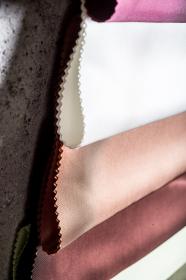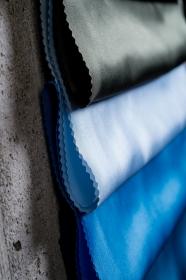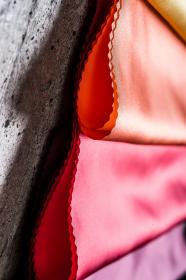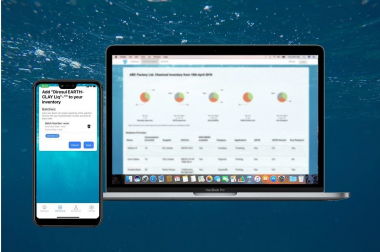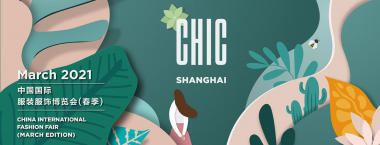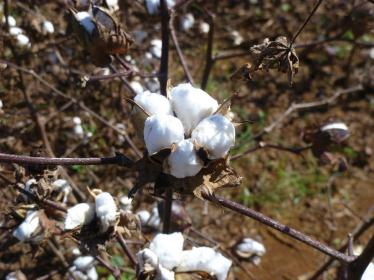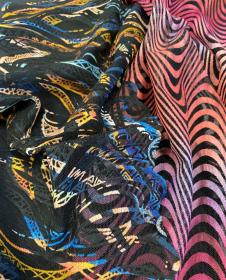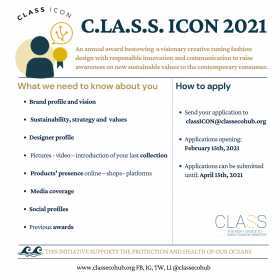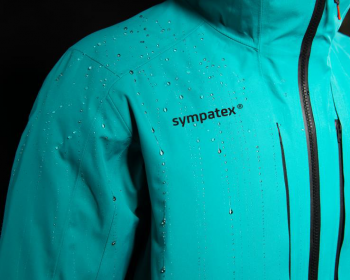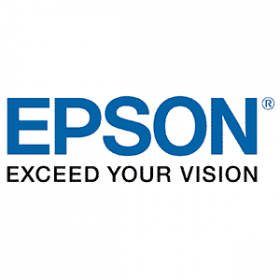ISKO™ Selvedge: contemporary denim heritage
ISKO introduces ISKO™ Selvedge – a 21st century reinterpretation of one of the most legendary denim fabrics ever made. Inspired by the history and reverence of original Selvedge denim, ISKO has applied its high-performance patented technologies to develop a new Selvedge range. Available in a wide selection of weights, stretch options and finishes, ISKO™ Selvedge adds flexibility, softness and comfort to a fabric more commonly known for its raw and rigid qualities.
The new ISKO™ Selvedge range preserves the authenticity and many of Selvedge’s hallmarks beloved by true denim aficionados the world over, whilst introducing modern attributes such as sustainability, comfort and wearability, which are guaranteed to make it a favorite of a new generation of denim lovers.
The range includes 19 fabric varieties, with weights spanning from 7.75 to 14.5 oz and elasticity options between 13% – 52% for outstanding recovery and holding power. This variegated array relies on R-TWO™ technology. Certified to Textile Exchange environmental credentials, this platform ensures full traceability, minimizing environmental impact and delivering astounding quality to each solution included in the ISKO™ Selvedge family.
Menabò Group










